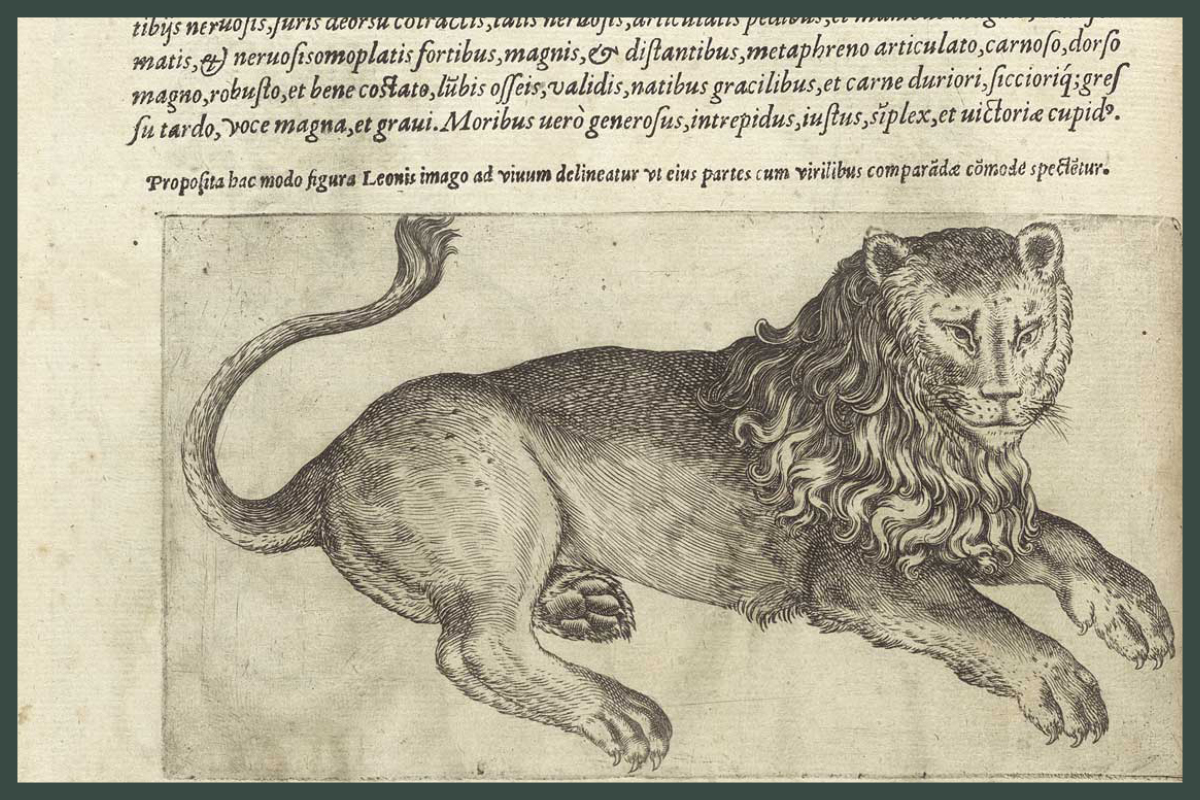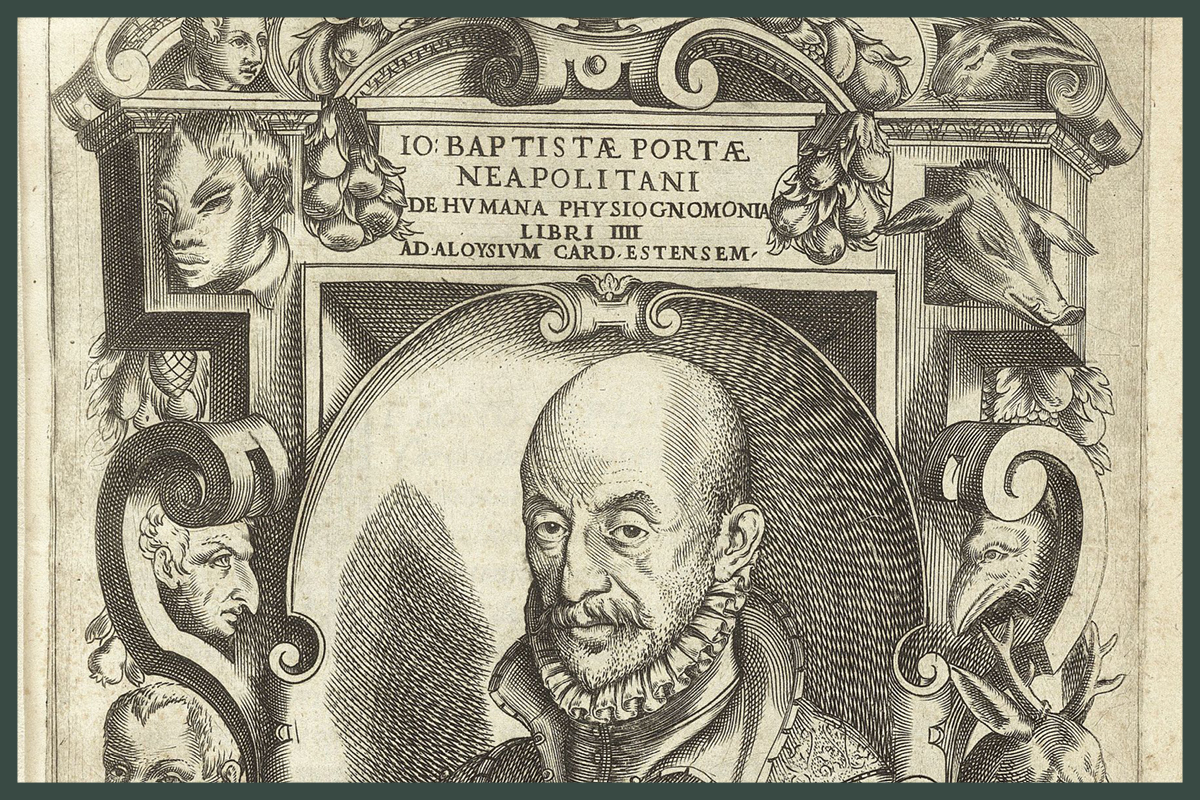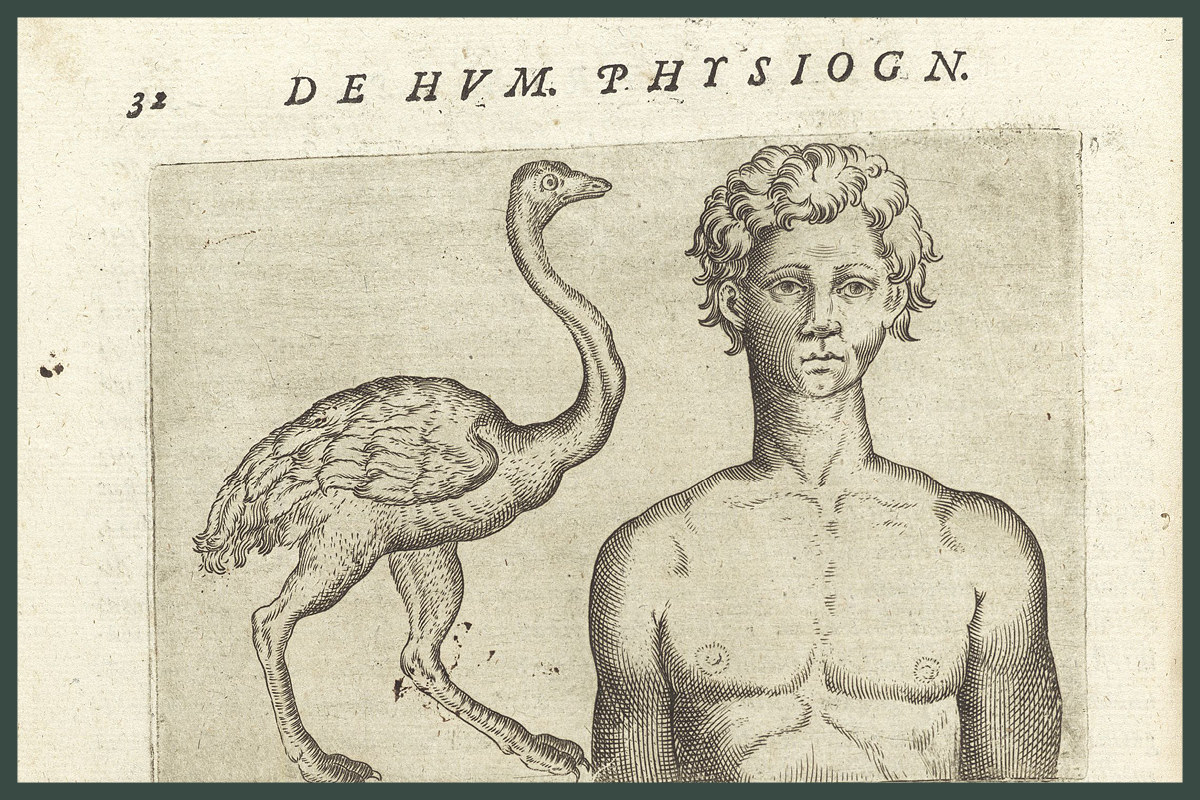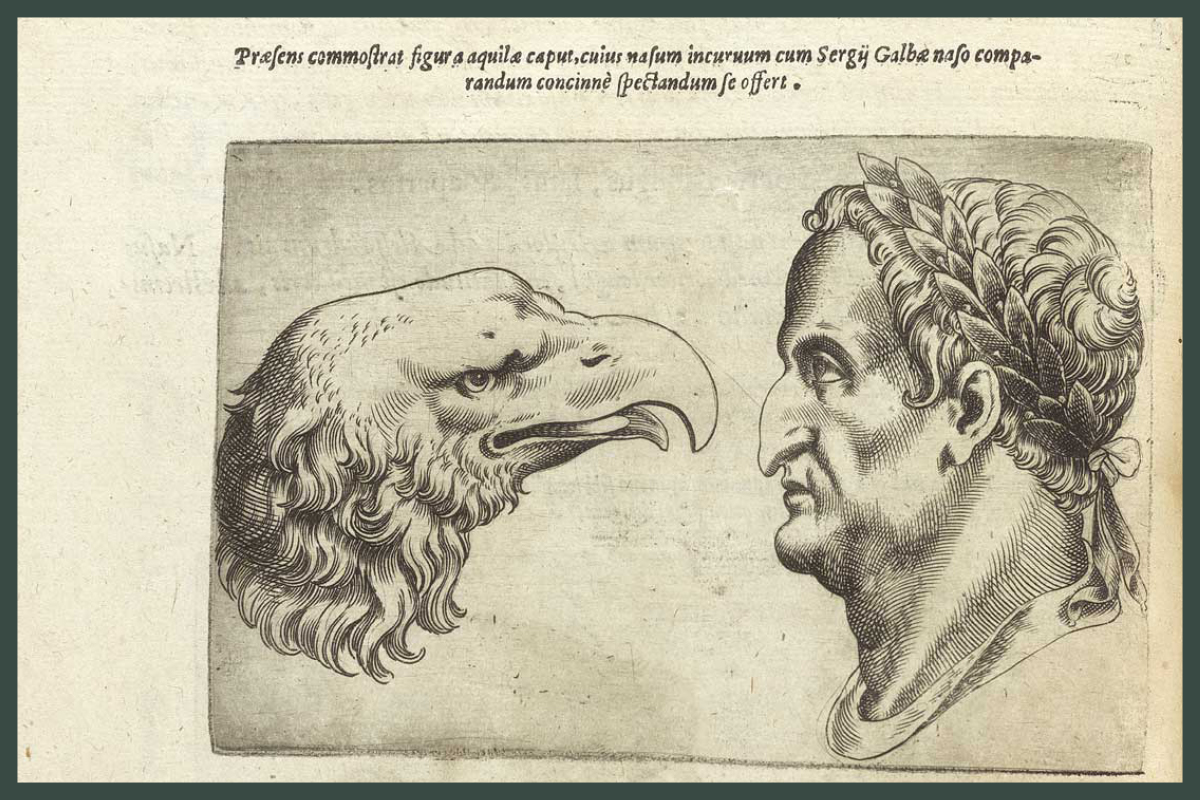Project Description
Invention of Race
The Perfection of Nature: Animals, Breeding, and Race in the Renaissance (The University of Chicago Press, 2022) offers a deep history of how Renaissance Italy and the Spanish empire were shaped by a lingering fascination with breeding.
~
The Renaissance is celebrated for the belief that individuals could fashion themselves to greatness, but there is a dark undercurrent to this fêted era of history. The same men and women who offered profound advancements in European understanding of the human condition—and laid the foundations of the Scientific Revolution—were also obsessed with controlling that condition and the wider natural world.
~
Tracing early modern artisanal practice, Mackenzie Cooley shows how the idea of race and theories of inheritance developed through animal breeding in the shadow of the Spanish Empire. While one strand of the Renaissance celebrated a liberal view of human potential, another limited it by biology, reducing man to beast and prince to stud. “Race,” Cooley explains, first referred to animal stock honed through breeding. To those who invented the concept, race was not inflexible, but the fragile result of reproductive work. As the Spanish empire expanded, the concept of race moved from nonhuman to human animals. Cooley reveals how, as the dangerous idea of controlled reproduction was brought to life again and again, a rich, complex, and ever-shifting language of race and breeding was born.
~
Adding nuance and historical context to discussions of race and human and animal relations, The Perfection of Nature provides a close reading of undertheorized notions of generation and its discontents in the more-than-human world.
~
Collaboration with New World Nature students researchers lies at the heart of this book. Thanks in particular to students in the advanced research seminar “Race, Science, and the Origins of the Modern World.”
On Physiognomy
Race is a historically contingent marker of difference, but it is by no means coextensive with alterity. Physiognomy provided one dangerous, knotted strand of modern race’s history. An ancient theory elaborated by self-proclaimed magus Giovanni Battista Della Porta in the sixteenth century, physiognomists argued that the mind and body were not separate, but deeply intertwined.
In the words of ancient and Renaissance physiognomists, “experts on animals are always able to judge of character by bodily form: it is thus that a horseman chooses his horse or a sportsman his dogs.” Animal bodies provided tools for delineating – and often inventing – human difference.





